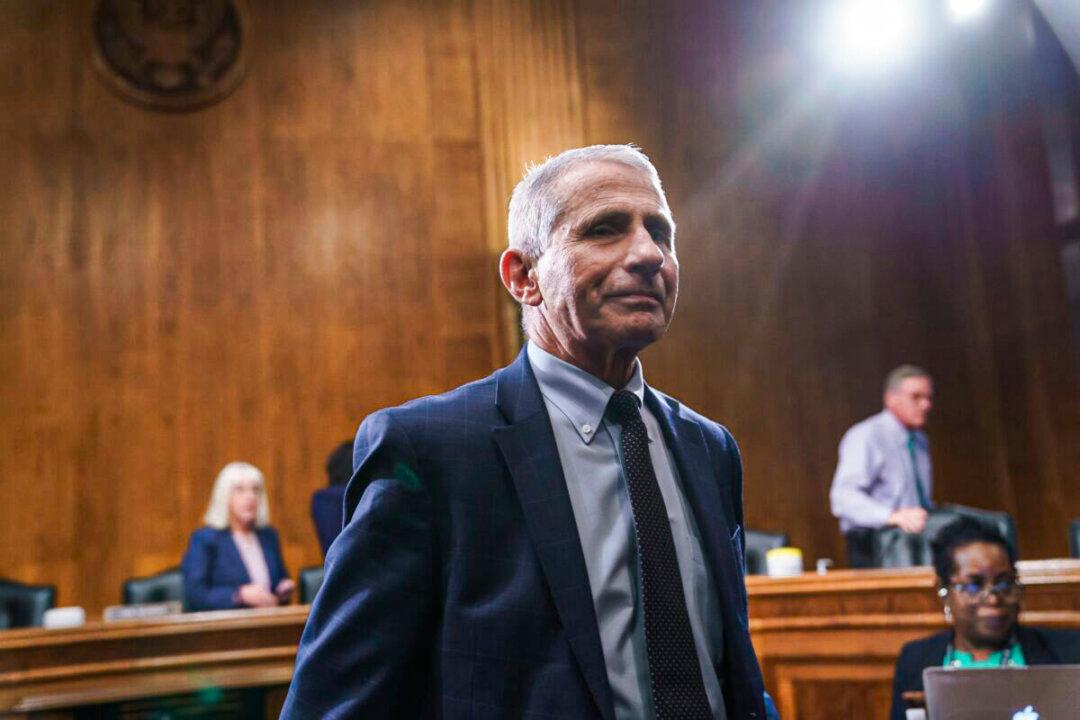The definition of “fully vaccinated” could be changed by federal health officials to include COVID-19 booster doses if the data support that, White House pandemic adviser Dr. Anthony Fauci said on Nov. 21.
While speaking to ABC’s “This Week,” Fauci said that medical officials are still considering the necessity of the booster shot, but that he personally wouldn’t change the definition of what constitutes “fully vaccinated.”





